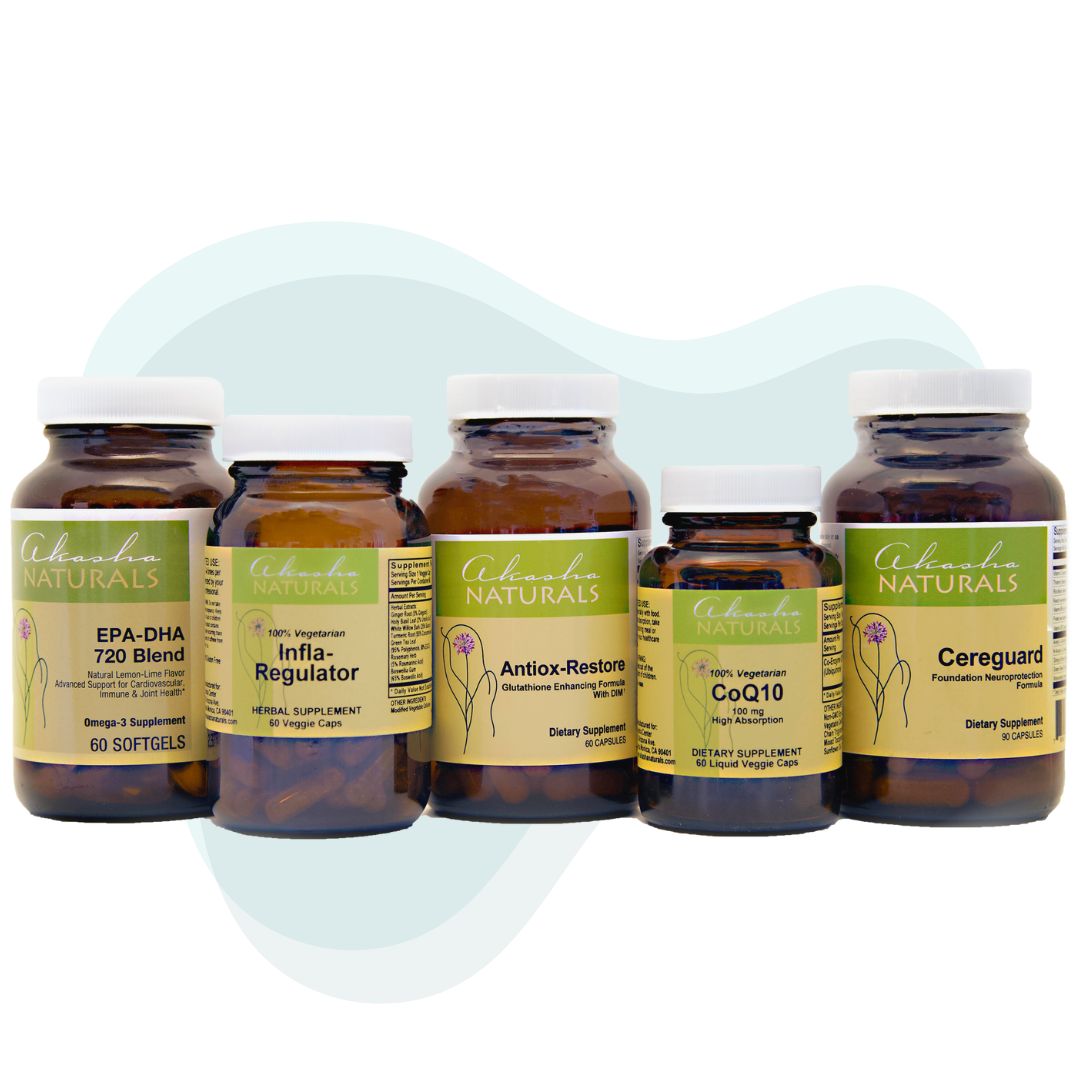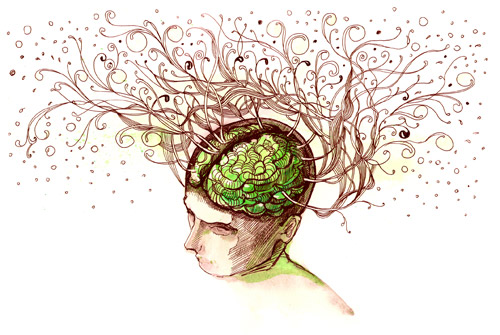Stress is normal, and – in the right amount – can actually be good for our health. But, the stress many of us are feeling right now can have detrimental effects on our health and contribute to irritability, higher anxiety, less resilience, and feelings of depression. Many of my patients these days say something like, “I don’t know if it is my hormones or everything going on in the world right now”. In the beginning of the pandemic, it was easier to connect higher levels of stress and anxiety to COVID. But, 7-months into a global pandemic, exacerbated by racial and political tensions, more and more people are struggling with chronic stress, sadness, and anxiety, and are lacking a sense of joy in their lives. Many studies are showing, however, that there are relatively simple, actionable steps we can take to improve our mood and increase our overall sense of wellbeing So when you or someone you know is struggling in a cycle of negative thinking, it helps to have a mental list of actions we can take to combat feelings of stress, anxiety, and feelings of depression.
- Movement
The adrenaline and endorphins that kick in from moving our bodies changes our brain chemistry and the way we think and view the world. Research has shown that after 2-months of regular exercise, there are things happening in the brain that mimic the results of cutting-edge neurological treatments for depression, such as deep brain stimulation. During these times of heightened stress make sure to move your body daily. Whether that is a HIIT work out or a 20-minute walk outside, the key is to start moving and do something you enjoy.
2. Gratitude
A regular gratitude practice, or simply taking a moment to think about some of the things in our lives that we are grateful for, can help get us through the darkest of times. Having gratitude, however, doesn’t mean we can’t struggle or complain about the challenges of our day. As renowned shame and vulnerability researcher Brene Brown discusses, we can lament but we should do it with perspective. We can complain about the craziness of 2020 and feel the pain of it, but if we can do this while also having a foundation of gratitude, the pain does not become us, and the gratitude can lift us out of darkness.
3. Acts of Kindness and Service
Acts of kindness can boost our mood, heighten our sense of belonging and elevate our inner joy. Our brain rewards us when we do kind things. Specifically, acts of kindness trigger the release of oxytocin, our feel-good hormone and the same hormone that is released during orgasms. When I feel down, or one of my kids seems in a slump, we do a simple act of kindness. We make cookies for our neighbors, give popsickles to our gardeners, send a homemade card to a family member or friend, or donate a little money to a cause that’s important to us. These simple acts can cause an instant boost in mood while letting others know that they are important to us.
4. Meditate
Meditation can boost mood, reduce anxiety, increase energy, improve memory, and enhance our resilience. There are a lot of incredible resources available to get you started with meditation. My favorites apps are CALM, Headspace, and Glo, and for my kids, an app called Stop, Breathe and Think.
5. Community
Connecting with friends increases our sense of belonging, enhances our self-confidence, reduces stress and anxiety, and improves mood. Unfortunately, many of us are experiencing long periods of increased isolation, and sometimes it feels like there is no end in sight. So I encourage my patients to reach out to two friends every day. Send a text, arrange a Facetime call, or schedule a socially distant walk – whatever you are comfortable with, but it’s so important to stay connected with your loved ones.
6. Nutrition
During times of stress we often crave and- understandably – reach for alcohol and sugar more often. In the beginning of COVID, many people probably let loose a bit. Patients of mine know I didn’t stop anyone from eating their chocolate and drinking their wine in the beginning of the pandemic. But, about 4-6 months into COVID, many people are carrying a few extra pounds and feeling a little more brain fog than they used to. Some may not be not sleeping as well and are perhaps more moody from blood sugar instability. Now that the novelty of the pandemic is behind us, it’s time to make nutrition a priority again. Make sure to be including protein, greens, healthy fat, and fiber with every meal and limit your intake of sugar and processed foods. What we put in our body directly impacts how we feel. And, right now, we need the power of food to help keep us feeling balanced and more energized.
7. Adopt an animal
This last step may not be a viable option for everyone, but if you are thinking about getting a new pet, research supports this as a way to boost mood and lower anxiety. Having an animal that depends on you can be an incredible way to reduce anxiety and depression. Rescuing an animal who was abused, rejected, or at risk of being euthanized, and then caring for that animal and seeing that animal experience joy because of your actions, can be powerfully uplifting and therapeutic.
Maggie Ney, ND is director of the Women’s Clinic at the Akasha Center for Integrative Medicine and specializes in hormonal imbalances and healthy aging. Call us at 310-451-8880 or email us at info@akashacenter.com








